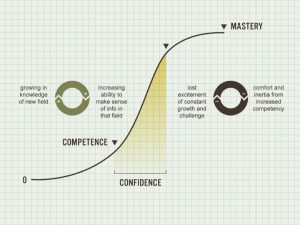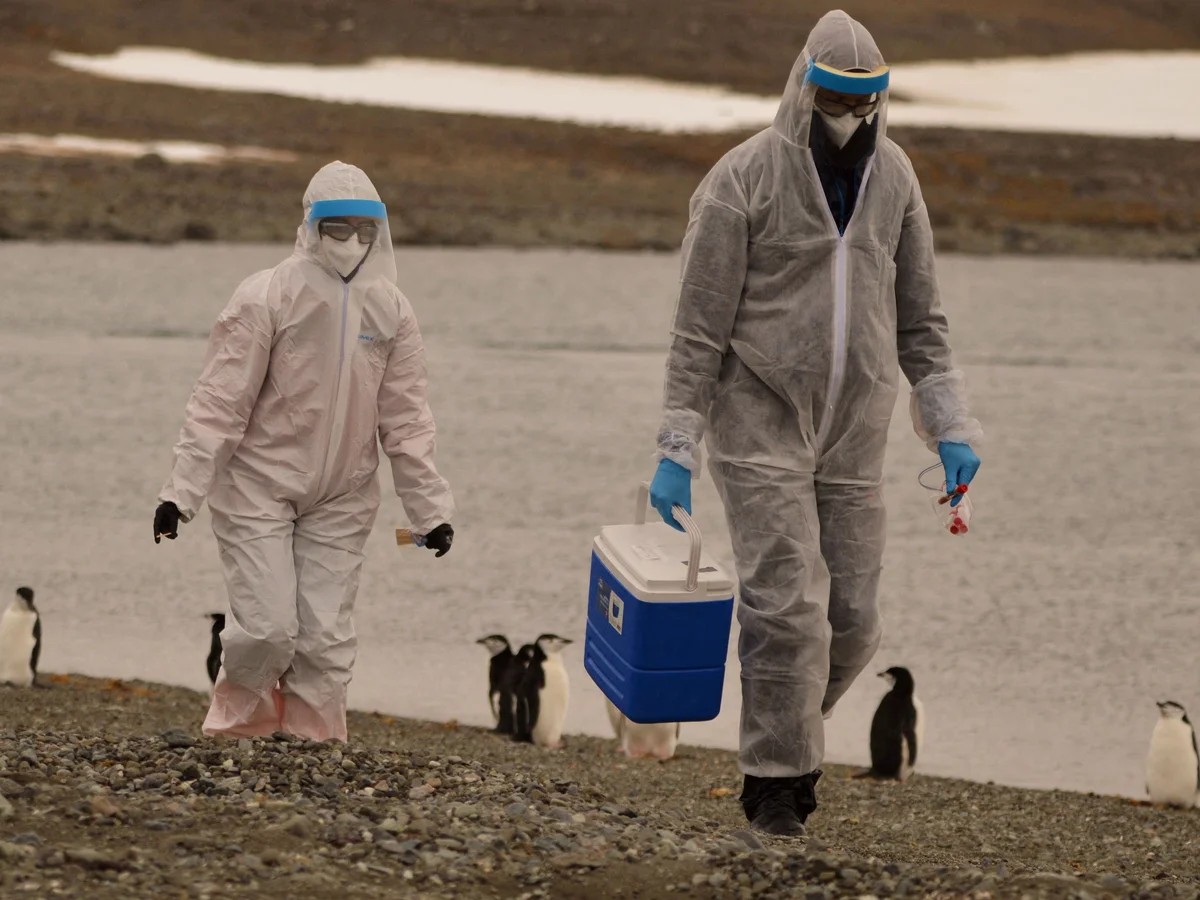“How can I be the best ‘me’ possible?” It’s a question you’ve probably asked yourself, at some time or another. And you reaally want change.
Seven questions to help us decide if a new challenge is worth pursuing.
Perhaps you’re considering a job or role change, starting or buying a business, getting married, or becoming a parent. Maybe you’re exploring how to volunteer in your community, how to donate to causes you care about, or how to successfully vacation. Perhaps you want to find a religion, wallpaper a room, learn to invest, or teach your old dog new tricks.Maybe you want to conquer the territory of self — to develop greater patience and become more focused, resilient or benevolent.
Our brain likes novelty, but when there’s too much novelty, our limbic system sounds an alarm.
1. Is it achievable change?
Wistfully thinking “That would be nice …” often signals we don’t think a goal is possible and, therefore, it won’t be. If, instead, we are optimistic, saying, “I am so happy I’ve achieved this change” as if we already have, there is a kernel of belief that it is within reach.
2. Is it easy to test ?
So start small. Set your initial expectations and incremental increases so laughably small, that you deactivate your inner procrastinator.
Each tiny benchmark is its own easy test. Is this S Curve feasible? Can I sustain this long term? Take baby, baby, baby steps.

change
3. Is it familiar yet novel?
You should look at S Curve opportunities in terms of both their familiarity and their novelty. You need some of both.
Familiarity helps you relax and feel safer; too much familiarity may mean stasis. The unfamiliar in small doses surprises and delights and can lead us in new directions. In large doses, novelty and uncertainty create anxiety and fear.
4. Does it fit my identity?
Exploring areas of ourselves and possibilities that have no apparent connection to who we are right now is exciting. They may even be admirable, but they may also mean we get voted off our current island. People around us, including those we care about deeply, may be heavily invested in who we are now: our family.
5. Is the reward worth the cost?
Is what I will gain sufficient to offset the tangible and emotional costs of scaling this new S Curve?
Sometimes S Curves aren’t totally voluntary. Circumstances, or people who see potential in us, give us an unexpected push.
Preplanned or unforeseen, thrilled or terrified, you’ll need to determine whether the reward of being on a specific curve is worth the cost. Even if the reward doesn’t initially seem greater than the cost, can you find a way to make the numbers add up?
6. Does it align with my values?
Ignore this question at your peril.
In the final analysis, the measurement of our life ill fall short of what we hoped if the work we are doing, the time we are investing and the things we are accomplishing don’t lead us in the direction of our deepest aspirations and our most deeply held values.
But assessing if an opportunity is aligned with our values is usually easier said than done. We are complex creatures, and our hierarchy of values isn’t always straightforward.
7. Is this my why?
When contemplating a new job or other opportunity for growth & change, consider what motivates you — the “why” behind what you are doing. As 20th-century novelist, poet, essayist and environmental activist Wendell Berry put it, “The world is full of places. Why is it that I am here?”
Exploring my “why” helped me recognize that I wouldn’t stay in the investing business forever. It was a challenging revelation. What made you feel important. What was my identity.











